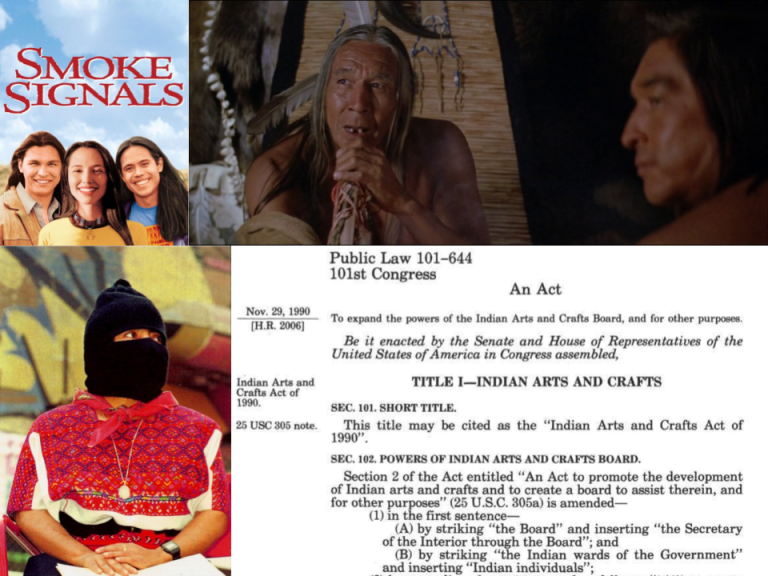Tribes that rely on Colorado River water — and the complex set of rules that govern it — are worried about how President Donald Trump’s executive orders and the ongoing legal questions about them will affect their water access. President Trump froze federal funds for the Inflation Reduction Act. Even after a judge reinstated those funds, tribes are concerned about the viability of some water conservation efforts going forward. Those water access issues are becoming increasingly important because of long-term trends showing significantly less water available in the basin.
GUESTS
Heather Whiteman Runs Him (Apsáalooke), associate clinical professor at the James E. Rogers College of Law and director of the Tribal Justice Clinic at the University of Arizona
Jenny Dumas, water attorney for the Jicarilla Apache Nation
Daryl Vigil (Jicarilla Apache Nation), co-director of the Water & Tribes Initiative
Edward Wemytewa (Zuni), Pueblo of Zuni tribal councilman



















